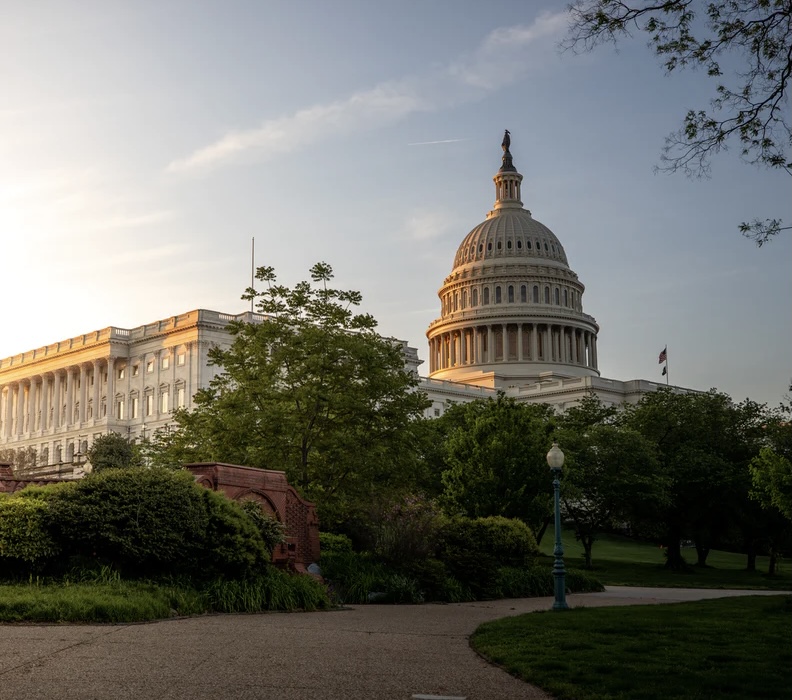
Tax exemptions may be changing with new legislation.
Although the actions and decisions of people impact other people, most choices have a minimal reach.
This is not the case when it comes to state and federal lawmakers.
The choices made by those in power affect Americans for generations.
According to a recent Mondaq article titled “Last Call for SLATs, GTRATs, and the Use of the Enhanced Gift Tax Exemption?,” laws addressing taxes and property are of particular concern in estate planning.

Current exemptions for estate planning and taxes may disappear under proposed legislation.
As the current administration works on drafting, revising, and voting on legislation; it can be helpful to review your estate plan to account for possible changes in tax law.
What areas are of particular interest to estate planning?
Exemptions Changes.
The current tax exemption for the gift, state, and generation-skipping transfer tax are $11.7 million per individual this year.
This exemption is currently set to increase with inflation through the year 2025.
What does this mean?
The exemption is scheduled to revert to the original $5 million exemption limit with inflation adjustment on January 1, 2026.
Essentially, the proposed legislation will drop the amount to $6,020,000 while continuing to be indexed for inflation.
Unless these exemptions are used, they will be lost.
Spousal Lifetime Access Trust.
Married individuals have additional tax options than those who are unmarried.
If one spouse does not want to utilize his or her gift exemption by gifting to descendants, that spouse can elect to use his or her exemption amount in the form of a lifetime gift to their spouse through a Spousal Lifetime Access Trust (SLAT).
Although the each spouse can create a trust for the benefit of the other, the IRS will penalize those deemed “reciprocal trusts.”
To avoid complications, these trusts should not be created at the same time and should not be identical.
Proposed legislation would include the SLATs in the estate of an individual.
SLATs already created and funded will be grandfathered in and excluded from the taxable estate.
To take advantage of this estate planning strategy, act quickly.
Grantor Trusts.
GRATS and other grantor trusts will be pointless under proposed legislation.
These trusts would simply be included in the taxable estate.
If you would still like to take advantage of this tool, act now while it may qualify for the exemptions from the new rules.
IRA Rules.
Rules governing IRAs have already changed in the last few years.
The passing of the SECURE Act removed the Stretch IRA option.
Now the IRS may be proposing legislation limiting how people can contribute to IRAs.
Those with a combined income of more than $450,000 and Individual Retirement Accounts valued above $10 million, may not be able to contribute to defined contribution plans, Roth IRAs, and traditional IRAs.
Those with large IRAs may also be forced to take taxable withdrawals from these accounts at any age.
The minimum distribution proposed may be equal to half of the amount exceeding the $10 million threshold.
Domestic Asset Protection Trust.
At this time, singles who want to avoid losing control and access to assets though large gifts can gift an exemption amount to a “domestic asset protection trust.”
The single individual must be in a jurisdiction with this legislation in place in order to benefit from the trust.
As with the other proposed trust legislation, one must act before proposed legislation is passed to qualify for the exemptions.
Contact an experienced estate planning attorney to take action to protect your assets against the proposed tax legislation.
Reference: Mondaq (Sep. 24. 2021) “Last Call for SLATs, GTRATs, and the Use of the Enhanced Gift Tax Exemption?”
REMEMBER: “The choice of a lawyer is an important decision and should not be based solely upon advertisements.”
This statement is required by rule of the Supreme Court of Missouri.
